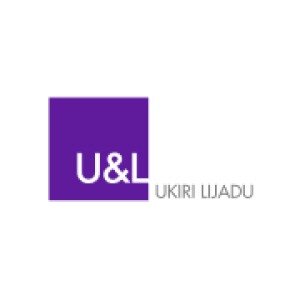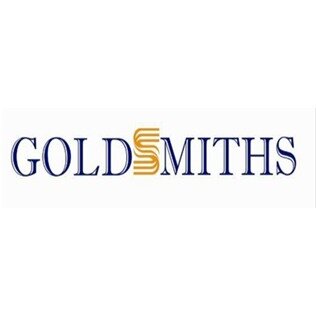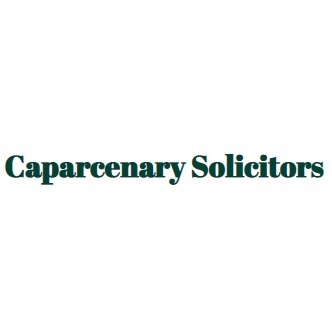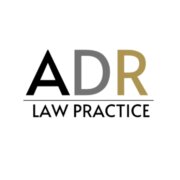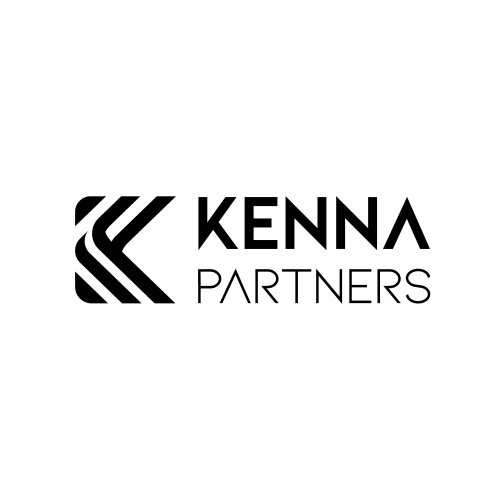Best Government Relations & Lobbying Lawyers in Lagos
Share your needs with us, get contacted by law firms.
Free. Takes 2 min.
List of the best lawyers in Lagos, Nigeria
Legal guides written by Adeola Oyinlade & Co:
- Procedure and Requirements for Work Permit and Visas in Nigeria
- The Step-By-Step Procedure of How to Apply for Microfinance Bank License Online in Nigeria
- How to Ensure the Smooth Recognition and Enforcement of Foreign Judgments in Nigeria
About Government Relations & Lobbying Law in Lagos, Nigeria
Government relations and lobbying entail the professional practice of influencing governmental decision-making to align with specific interests or policies. In Lagos, Nigeria, the industry is becoming increasingly prominent as organizations and individuals seek to navigate complex political landscapes and regulatory environments. The practice involves building strategic relationships, advocating for policy changes, and ensuring compliance with local laws and regulations. While the industry is not as heavily regulated as in some Western countries, understanding the nuances of the political environment and legislative processes in Lagos is critical for effective lobbying.
Why You May Need a Lawyer
A lawyer can be crucial for various reasons in government relations and lobbying in Lagos. Common situations include:
- Legislative Compliance: Ensuring that lobbying activities adhere to national and local regulations to avoid legal pitfalls.
- Strategic Advice: Providing insights into political processes, policy-making, and identifying key governmental stakeholders.
- Contract Negotiations: Assisting in drafting, reviewing, and negotiating contracts that involve government entities or are subject to extensive regulation.
- Dispute Resolution: Representing clients in disputes that may arise from or involve governmental actions or decisions.
- Public Policy Development: Helping to craft proposals and communications that effectively present your objectives to government officials.
Local Laws Overview
In Lagos, the fundamentals of lobbying and government relations are influenced by a mix of federal Nigerian laws and local regulations, which include:
- Constitution of the Federal Republic of Nigeria: It serves as the foundational legal framework within which government relations operate.
- Code of Conduct for Public Officers: This code sets out ethical standards that must be observed during interactions with government officials.
- Anti-Corruption Laws: Legislation such as the Corrupt Practices and Other Related Offences Act focuses on maintaining transparency and curbing corrupt practices within lobbying activities.
- Freedom of Information Act: Provides the right to access public records, which can be instrumental in research and information collection.
- Local Government Regulations: Specific to Lagos, these can affect how lobbying is conducted within the metropolis and its various jurisdictions.
Frequently Asked Questions
What is lobbying in the context of Lagos, Nigeria?
Lobbying in Lagos involves influencing government decision-making to achieve desired outcomes through strategic communication and relationship management with government officials.
Is lobbying legally recognized in Nigeria?
While lobbying is not extensively regulated as a unique profession, it is legally recognized under broader frameworks of advocacy and public relations activities.
Do I need a license to lobby in Lagos?
Currently, there is no specific licensing requirement for lobbyists in Nigeria; however, adherence to ethical standards and legal compliance is mandatory.
How can a lawyer assist with government relations?
A lawyer offers compliance advice, strategic planning, negotiation support, and representation in legal matters related to government relations.
What are potential legal risks in lobbying?
Risks include non-compliance with anti-corruption laws, ethical breaches, misinformation, and conflicts of interest, which can lead to legal penalties or reputational damage.
Can companies engage in lobbying in Lagos?
Yes, companies can engage in lobbying, often through internal government affairs teams or by hiring external consultants with expertise in government relations.
Are there ethical guidelines for lobbying in Lagos?
While there are no explicit guidelines for lobbying, adherence to the Code of Conduct for public officers and anti-corruption laws provides an ethical framework.
How can I effectively communicate my interests to the government?
Effective communication involves presenting clear, concise positions backed by research, building relationships, and understanding the legislative environment.
Are there any public records accessible for lobbying activities?
Yes, the Freedom of Information Act provides access to some public records, which can be valuable for research and crafting informed lobbying strategies.
What should be included in a lobbying strategy?
A lobbying strategy should include understanding key issues, identifying stakeholders, setting clear objectives, developing a message framework, and planning engagement activities.
Additional Resources
Consider reaching out to the following resources for additional assistance:
- Nigerian Bar Association (Lagos Branch): They offer resources and referrals to specialized lawyers.
- Lagos State Government Official Website: Provides legislative updates, news, and contact information for various departments.
- Corporate Affairs Commission (CAC): Useful for company registrations and ensuring compliance with business-related legislative requirements.
- Independent Corrupt Practices Commission (ICPC): A government body that provides guidelines and oversight to prevent corruption, significant in the lobbying context.
Next Steps
If you require legal assistance in the field of government relations and lobbying in Lagos, here are some steps to consider:
- Identify Your Needs: Clearly outline what you need help with-be it compliance, strategy, negotiation, or representation.
- Consult a Lawyer: Seek a legal professional with expertise in Lagos’s legislative environment and government relations.
- Prepare Documentation: Gather all relevant documents and records related to your lobbying activities or interests.
- Engage with Relevant Bodies: Contact appropriate government bodies or official channels for guidance based on your specific requirements.
- Develop a Plan: Work with your lawyer to craft an effective and compliant lobbying strategy.
Lawzana helps you find the best lawyers and law firms in Lagos through a curated and pre-screened list of qualified legal professionals. Our platform offers rankings and detailed profiles of attorneys and law firms, allowing you to compare based on practice areas, including Government Relations & Lobbying, experience, and client feedback.
Each profile includes a description of the firm's areas of practice, client reviews, team members and partners, year of establishment, spoken languages, office locations, contact information, social media presence, and any published articles or resources. Most firms on our platform speak English and are experienced in both local and international legal matters.
Get a quote from top-rated law firms in Lagos, Nigeria — quickly, securely, and without unnecessary hassle.
Disclaimer:
The information provided on this page is for general informational purposes only and does not constitute legal advice. While we strive to ensure the accuracy and relevance of the content, legal information may change over time, and interpretations of the law can vary. You should always consult with a qualified legal professional for advice specific to your situation.
We disclaim all liability for actions taken or not taken based on the content of this page. If you believe any information is incorrect or outdated, please contact us, and we will review and update it where appropriate.








